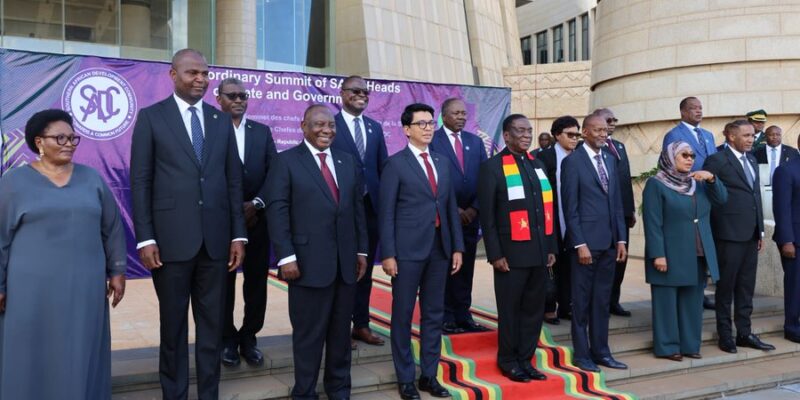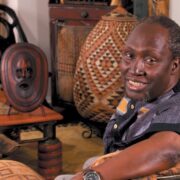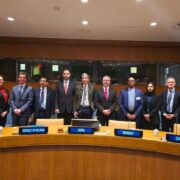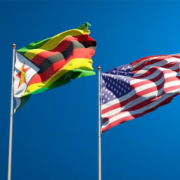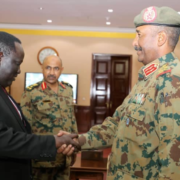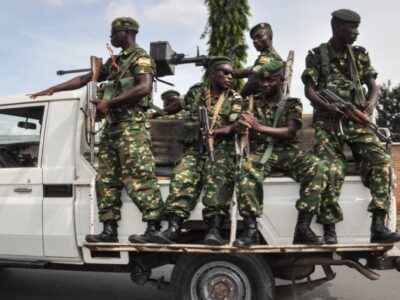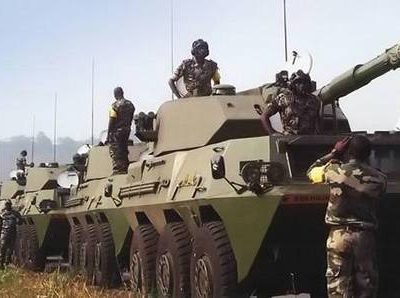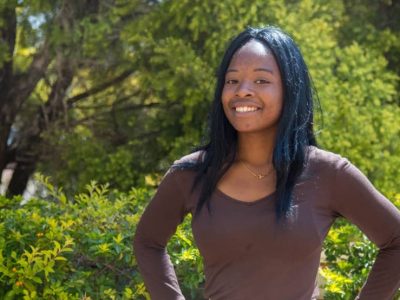Harare, Zimbabwe
In a significant regional intervention, Heads of State and Government of the Southern African Development Community (SADC) convened an Extraordinary Summit in Harare, Zimbabwe, on 31 January 2025, to deliberate on the deteriorating security situation in the Democratic Republic of Congo (DRC). The high-level meeting, chaired by Zimbabwean President Emmerson Dambudzo Mnangagwa, sought to strengthen SADC’s commitment to restoring peace and stability in the war-torn eastern region of the DRC.
Regional Leaders Express Deep Concern Over DRC Crisis
Attended by several Heads of State, Government representatives, and Defence Ministers, the summit focused on recent attacks by the M23 armed group and the Rwanda Defence Forces (RDF) on DRC government forces, the SADC Mission in the DRC (SAMIDRC), and innocent civilians in North Kivu.
Leaders expressed their deepest condolences to the DRC, Malawi, South Africa, and Tanzania, who lost soldiers in recent violent clashes in Sake, Eastern DRC, while serving under the SAMIDRC peacekeeping mission. They also called for urgent restoration of essential services, including water, electricity, and food supply lines, which have been severely disrupted by the conflict.
SADC Strongly Condemns M23 and Calls for Joint Action
The summit unequivocally condemned attacks on SAMIDRC troops by M23 rebels, describing them as a violation of the ceasefire agreement brokered through the Luanda Process on 30 July 2024. SADC leaders reaffirmed their commitment to supporting the DRC in defending its sovereignty, territorial integrity, and pursuit of lasting peace.
Acknowledging that the security situation remains volatile, SADC reaffirmed its 2023 decision to deploy a peacekeeping mission in the DRC. However, the summit noted with concern that the mission’s objectives had not yet been fully achieved, calling for an immediate review of military and diplomatic strategies.
Calls for Diplomatic Efforts and Joint SADC-EAC Summit
Despite the escalating violence, SADC leaders emphasized the need for diplomatic engagement, supporting the Luanda and Nairobi peace processes led by Angolan President Joao Lorenco and Kenya’s former President Uhuru Kenyatta.
A major decision from the summit was the call for an immediate joint meeting between SADC and the East African Community (EAC) to discuss a unified approach to tackling the security crisis in the DRC. This follows the EAC’s 24th Extraordinary Summit on 29 January 2025, where regional leaders also deliberated on the worsening conflict.
Protecting Peacekeepers and Humanitarian Access
Recognizing the increased threats to SAMIDRC troops, the summit ordered the immediate dispatch of Defence Ministers and Chiefs of Defence from troop-contributing countries to the DRC to assess security measures and ensure the protection of peacekeeping forces. Leaders also demanded the swift repatriation of deceased troops and medical assistance for the injured.
The SADC Organ Troika on Politics, Defence, and Security Cooperation was also tasked with engaging all state and non-state actors involved in the conflict to negotiate a ceasefire, which would enable humanitarian assistance to reach affected communities.
Rising Regional Tensions and the Need for Dialogue
The summit took place amid growing tensions between regional powers, particularly South Africa and Rwanda, following allegations that Rwanda has been supporting M23 rebels. South African President Cyril Ramaphosa recently warned that any attack on South African National Defence Force (SANDF) troops would be considered an act of war. In response, Rwandan President Paul Kagame dismissed the allegations, sparking a diplomatic standoff.
With tensions running high, SADC leaders reiterated the importance of dialogue over conflict, calling on all parties to de-escalate hostilities and prioritize regional stability.
Expressions of Solidarity and Support for the DRC
The summit concluded with strong expressions of solidarity with the DRC government and people, reaffirming SADC’s commitment to sustainable peace, security, and development in the region. Leaders also commended Madagascar for pledging medical support to those injured and displaced in the eastern DRC conflict.
Additionally, SADC leaders welcomed Mozambique’s newly elected President, Daniel Francisco Chapo, marking his first participation in a regional summit.
Final Resolutions and the Way Forward
The Extraordinary Summit reaffirmed SADC’s unwavering support for the DRC, emphasizing that all peace efforts must be coordinated and inclusive. The final communique stressed the urgent need for a comprehensive strategy that combines security interventions with political dialogue and humanitarian support.
As the conflict in the DRC continues to pose a major threat to regional peace and stability, SADC’s commitment to a unified and decisive approach remains crucial. The proposed joint SADC-EAC summit could be a key step toward harmonizing regional efforts and fostering long-term solutions for the DRC crisis.


